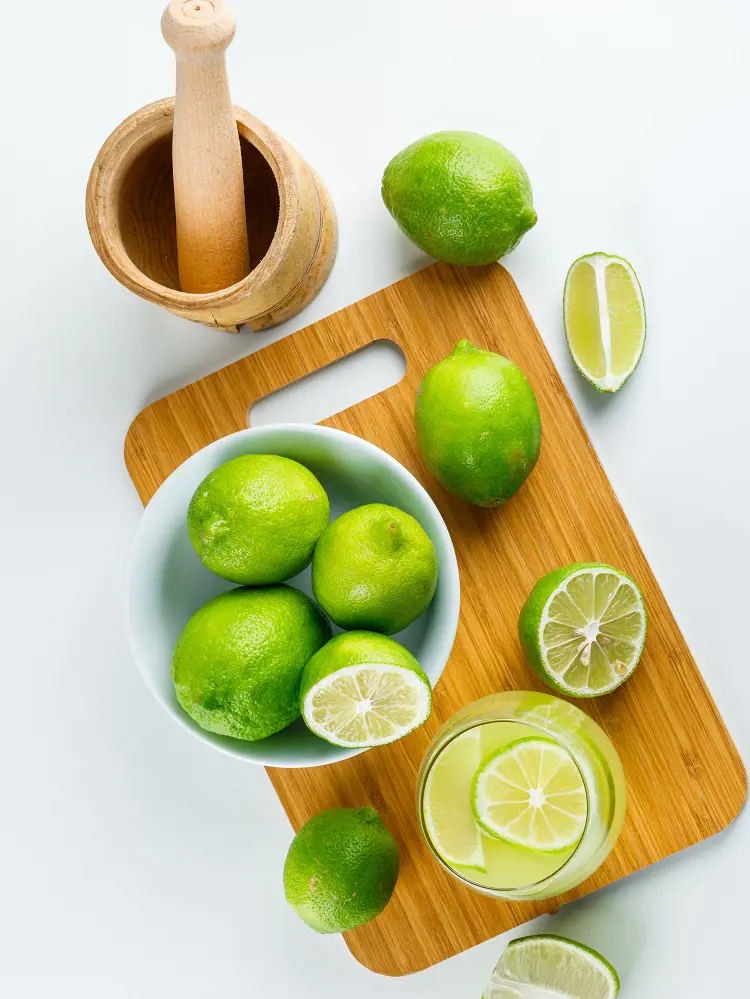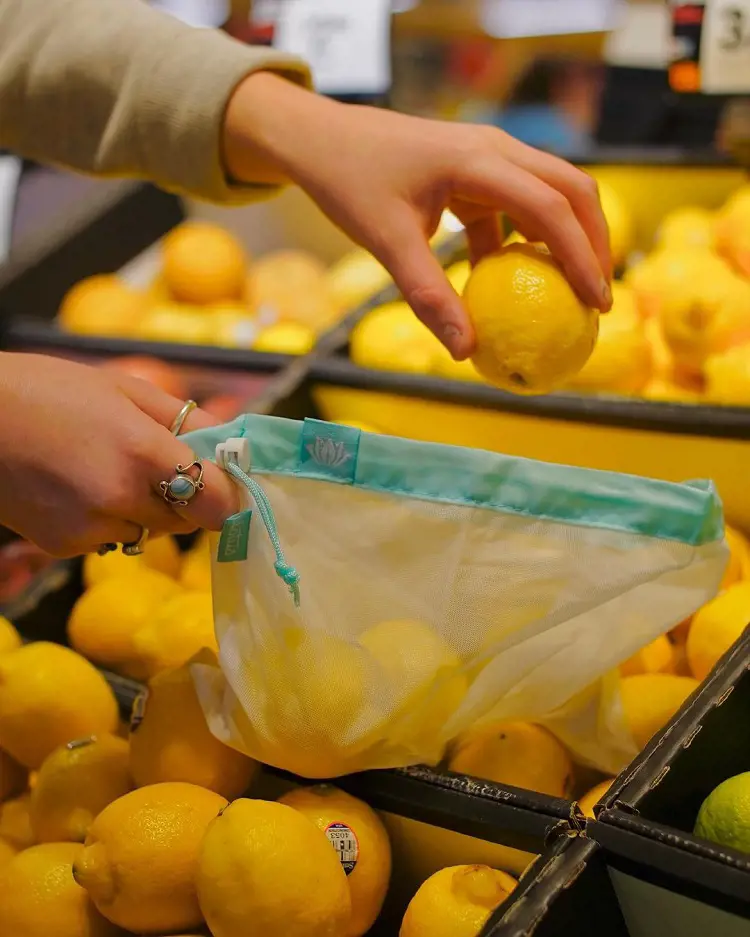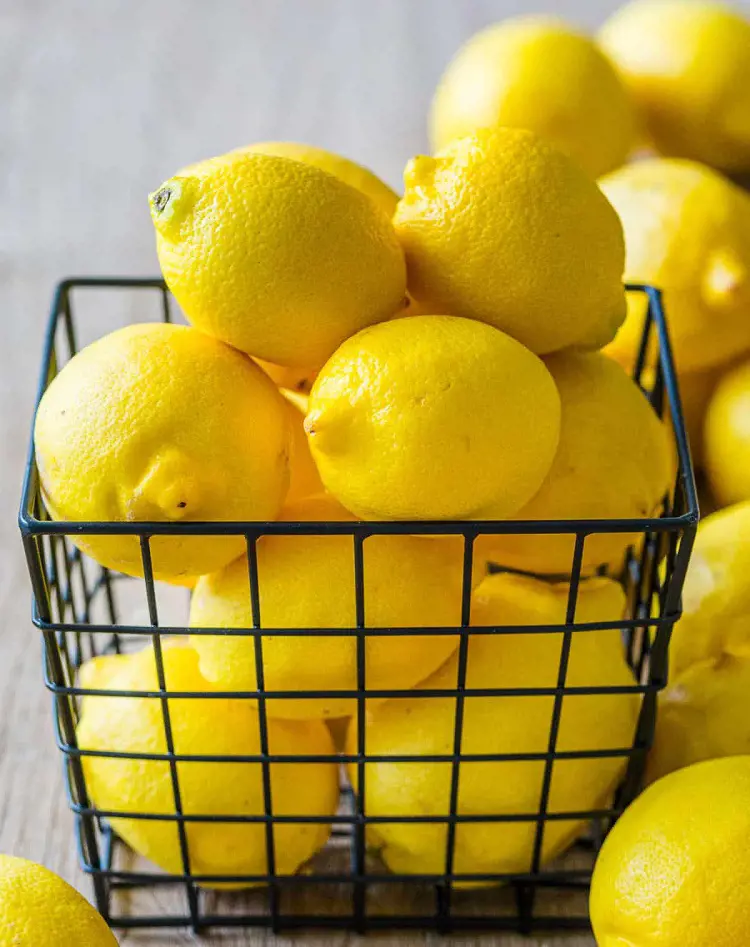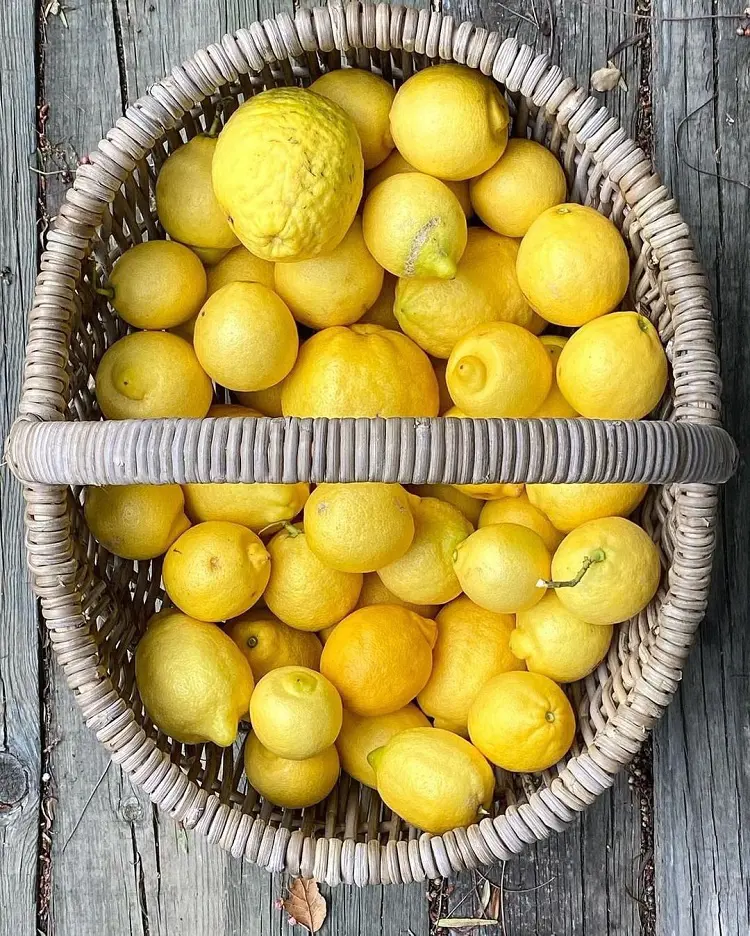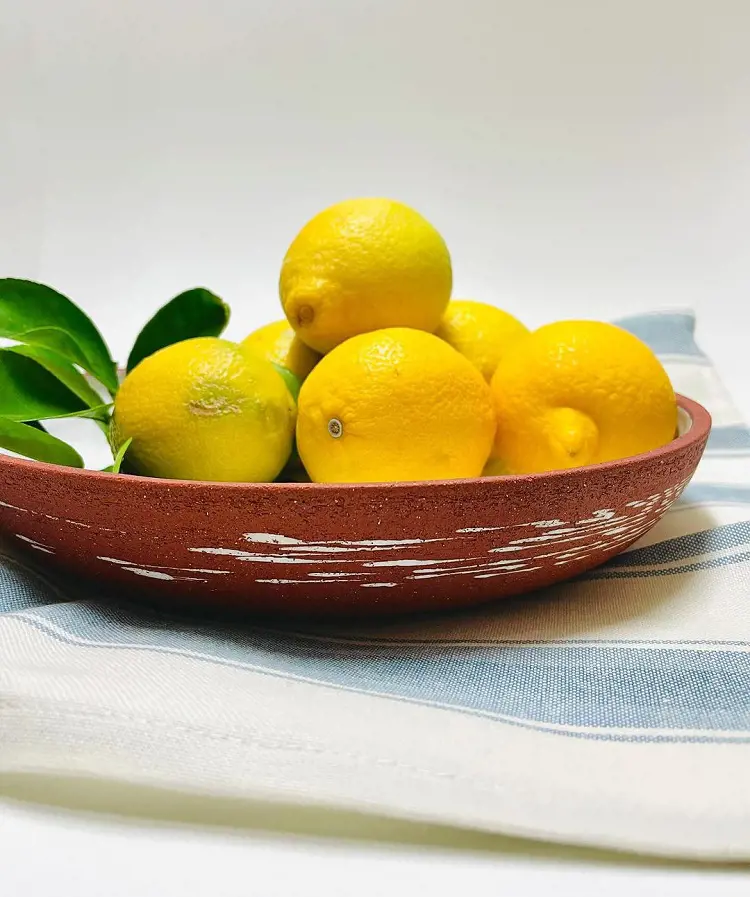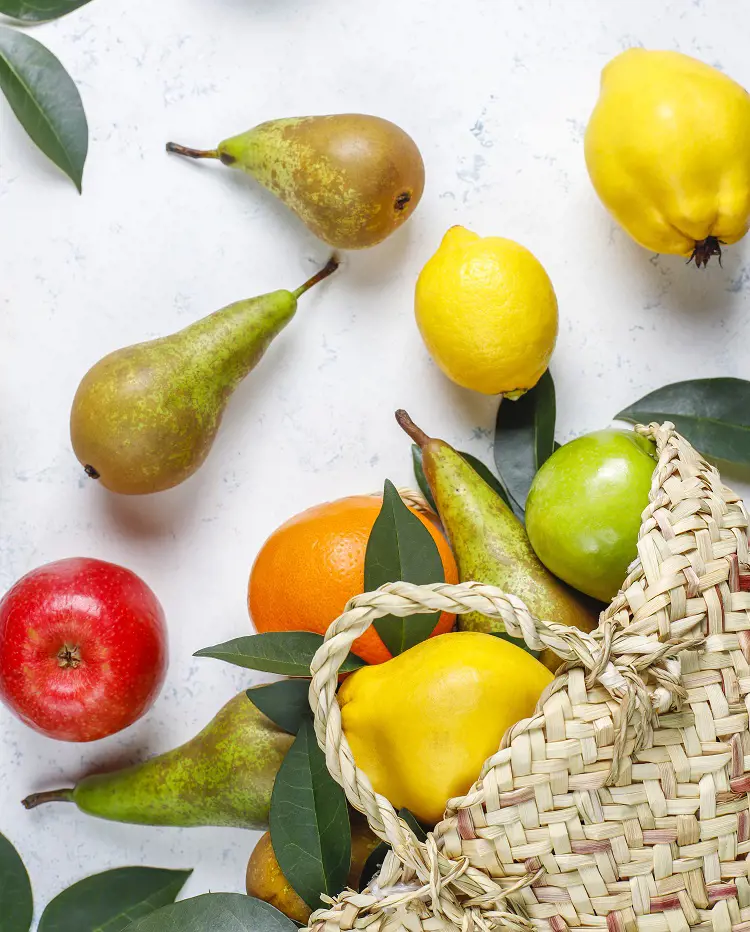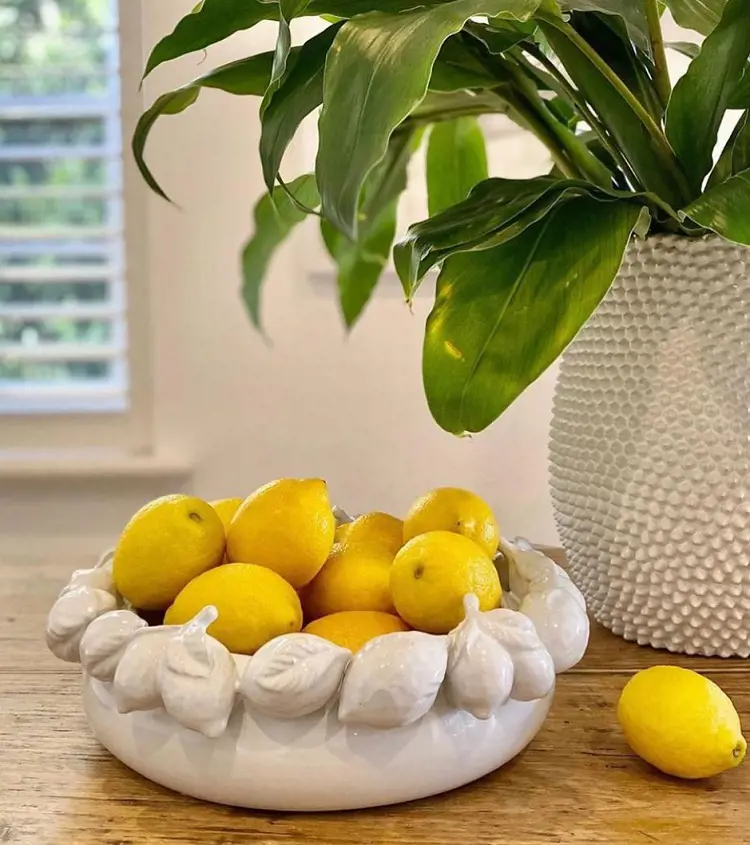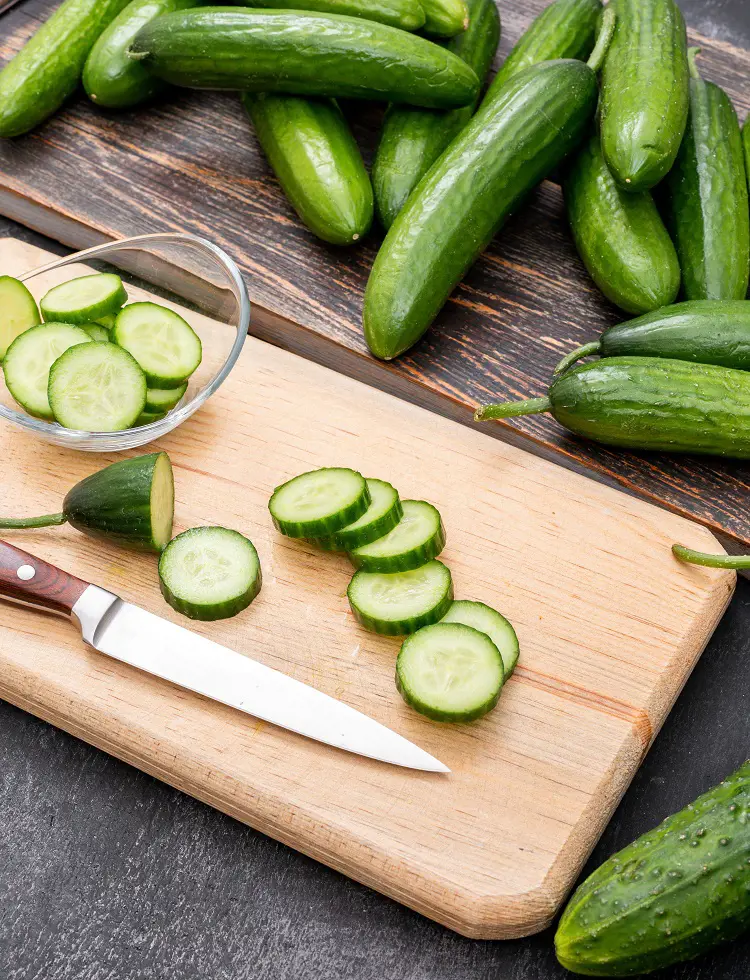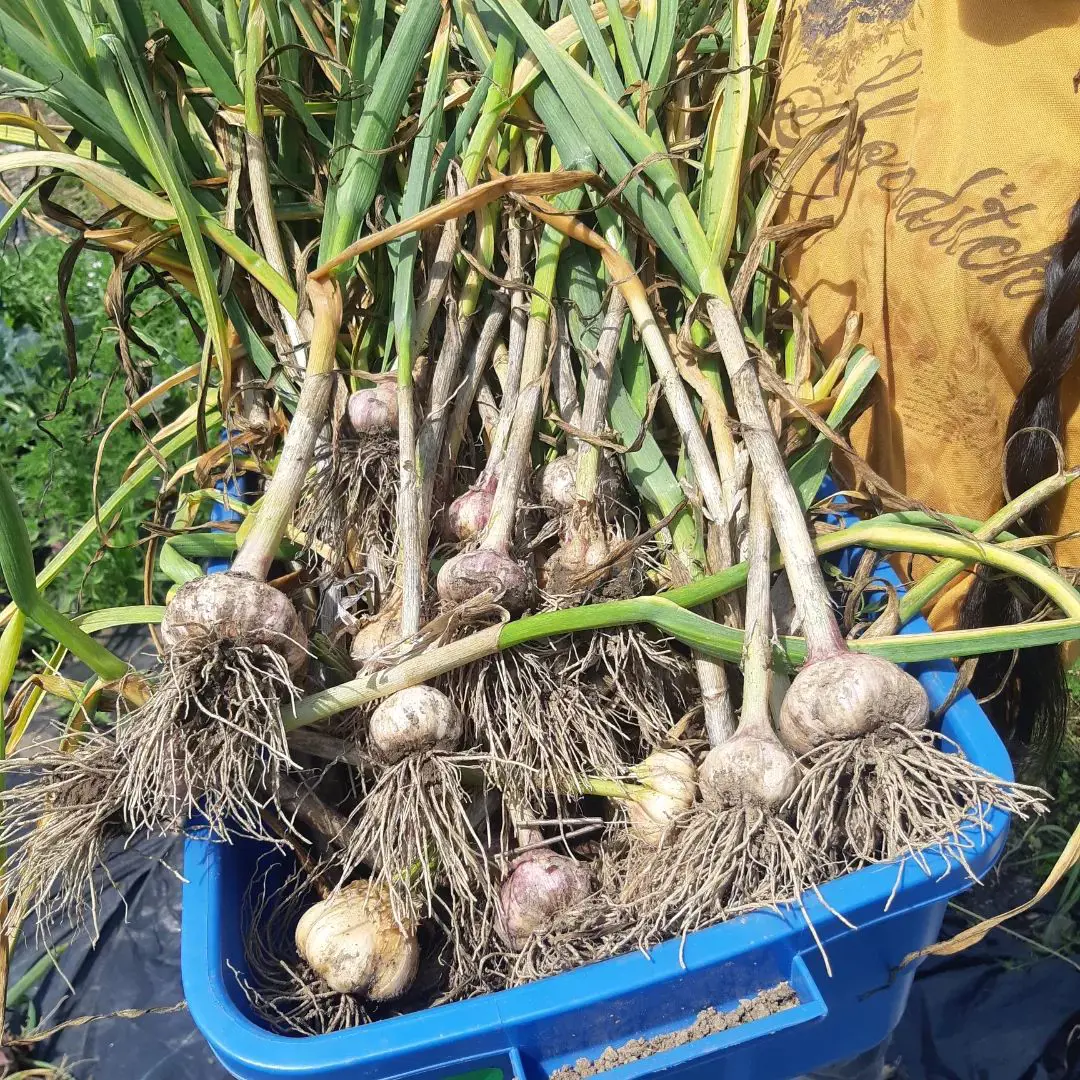1. Refrigerate The Lemon
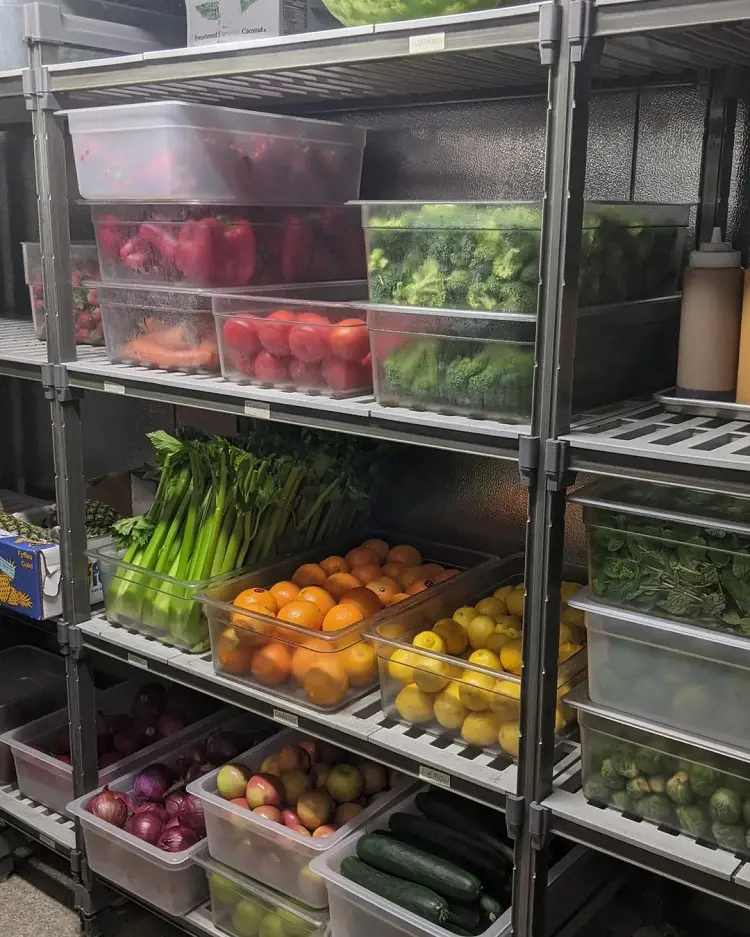
To maintain the freshness of the lemon even during hot summer, it is crucial to store them in the refrigerator. Storing lemons in the refrigerator is an effective way to keep them fresh for a longer period. The cold temperature of the refrigerator slows down the ripening process, helping to preserve the lemons' freshness. Additionally, the controlled environment of the refrigerator helps prevent moisture loss, reducing the likelihood of lemons drying out or developing undesirable textures.
While refrigeration is an excellent method for extending the shelf life of lemons, it's essential to check them periodically for signs of spoilage and remove any that may have gone bad to prevent the spread of mold or decay. Overall, refrigerating lemons is a practical and simple way to ensure they stay fresh and flavorful for a more extended period.
